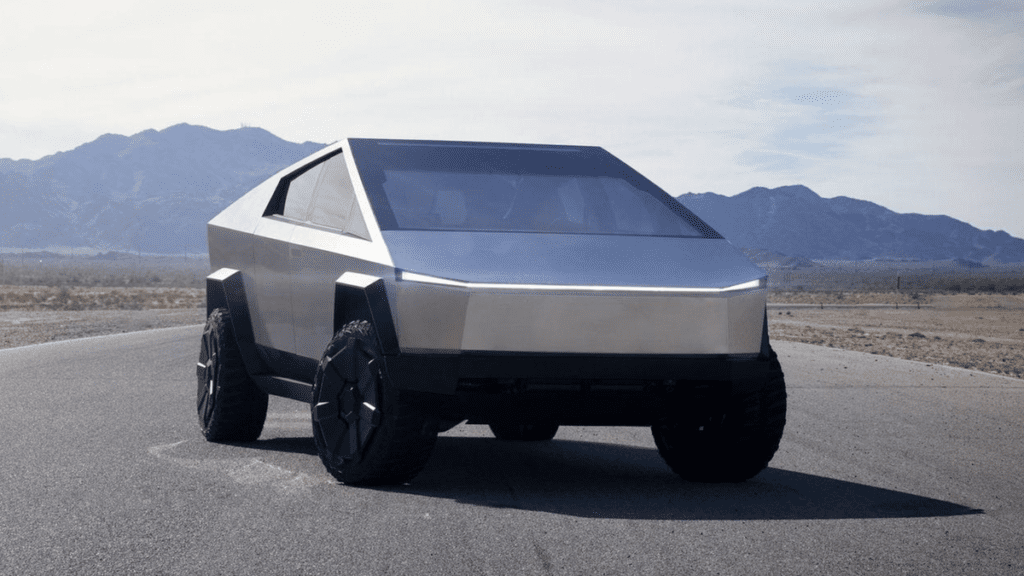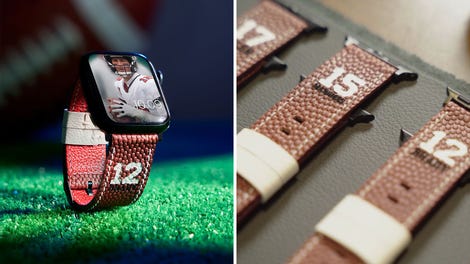There's a Reason Most Car Companies Don't Use Stainless Steel

Image: Tesla
Tesla’s Cybertruck debuted in 2019, and it seemed the company had a head start on what has become something of an electric pick-up truck craze. But time marched on, and Tesla blew its lead in EV trucks, though we might see a few Cybertrucks roll off the line by the end of this year. Still, Musk told investors not to expect mass truck production until 2024. It’s a familiar promise from Musk. One of the reasons for the delay may rest in the very spacey material the Cybertruck is made out of: stainless steel.
Yes, it looks cool and tough and futuristic, but it’s really not the best stuff to make cars out of, as the New York Times pointed out Monday. There are several good reasons you don’t tend to see many factory-produced stainless steel models (beside everyone’s favorite short-lived time machine, the DeLorean) for a very good reason:
Stainless steel costs more than the steel used in most automobiles because it contains chromium and often other ingredients, like nickel and molybdenum, that are in high demand. Stainless steel’s tendency to spring back to its original shape means it cannot be stamped into fenders and other parts as easily as the more pliable steel used by most automakers. It also requires special welding techniques.
[…]
Tesla has shared virtually no details about how it will overcome the challenges of working with stainless steel, which include safety. The steel used in most cars is designed to crumple in a crash, absorbing energy and protecting passengers. Stainless steel does not crumple as easily, exposing passengers to more of the force from impact.
A car absorbing the impact around the drive is a pretty critical piece of crash safety. Not only will stainless steel divert more of the energy of a crash to the people inside, the metal is difficult to work with when it comes to minor fender-benders. While tougher than traditional steel and fiberglass vehicles, stainless steel is a pain to repair once damaged. The flat body panels also make any damage more obvious, but it seems to be the best way to utilize stainless steel, considering it is difficult to stamp and bend.
And then there’s the cost. Since Tesla is the only automaker working with stainless steel panels filled with more expensive metals and elements, it won’t benefit from savings due to production scale. The Times also reports that the steel is likely to be the same blend used in SpaceX rockets, though the PR-less company didn’t respond.
G/O Media may get a commission

Official NFL PRODUCTS
Official NFL Apple Watch Bands
Touchdown!
MobyFox has partnered with the NFL Players Association to bring mega fans a series of hand-crafted Apple Watch bands crafted from authentic football leather. Choose from bands featuring Tom Brady, Patrick Mahomes, Mac Jones, Justin Fields, Josh Allen, and Dak Prescott.
Electric pick ups aren’t the only product Tesla started out strong with only to fade into second place. Though Tesla is still the top EV manufacturer in the U.S., Ford and GM are coming for that lead, especially now that the Tesla line-up is becoming more and more out-of-date (the last new product introduced by the company, the Tesla Model Y, came out in 2020.)
Traditional automakers are also beginning to lap Tesla on autonomous vehicle development, once the brand’s bread and butter. GM’s and Ford’s BlueCruise and GM’s Super Cruise earn high marks in car reviews and Mercedes-Benz announced it will be the first automaker to bring Level 3 autonomy to U.S. roads. Meanwhile Tesla is under a mountain of investigations from both state and federal offices for flaws in its Level 2 Autopilot and Full Self-Driving Beta software while some of its customers are straight-up scared of the mistakes made by the software.



